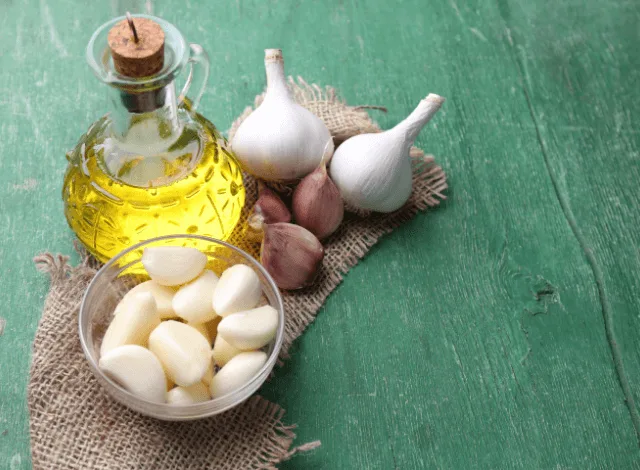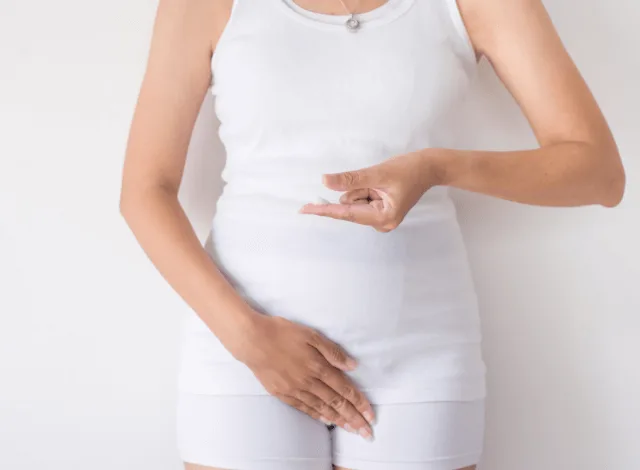How To Treat Vaginal Yeast Infections With Home Remedies

Experiencing an itch or a burning sensation in your vagina or vulva region?
Chances are you might be encountering an episode of vaginal yeast infection. Scientifically known as 'candidiasis', it's a common form of fungal infection. It's caused due to the increase of a fungus called - Candida albicans which is naturally found in the vaginal region. The rise of this fungus leads to irritation, itchiness and discharge. Fortunately, there are quite a few vaginal yeast infection treatments which help in easing this discomfort. So, first, let's have a look at the signs of vaginal yeast infection and then at the home remedies for vaginal infection.
Signs Of Vaginal Yeast Infection
Here are a few signs that can indicate whether you are dealing with a vaginal yeast infection or not.
1. Swelling around vagina
2. Vaginal pain and soreness
3. Irritation and itching in the vagina or vulva region
4. Burning sensation while urinating or having intercourse
5. Rashes
6. Vaginal watery discharge before periods or after
7. Odourless, white, thick, cottage-cheese like discharge is also one of the few signs of yeast infection
Sometimes, you might also notice vaginal pink discharge which could be light bleeding caused by the infection. There are also chances that you might notice a smelly vaginal discharge. In such cases you must consult a doctor as it can be an indication of some infection or underlying condition.
To help tackle vaginal discharge on a regular basis, you can opt for panty liners. Experience the ALWAYS Daily Liners Multiform Panty Liners which have a flexible design and are mildly scented. These liners keep you fresh, protected and comfortable. It's secure-fit technology keeps the liner in place and allows you a worry-free movement. As these liners are thinner than 1mm, they provide the right comfort required for everyday use.
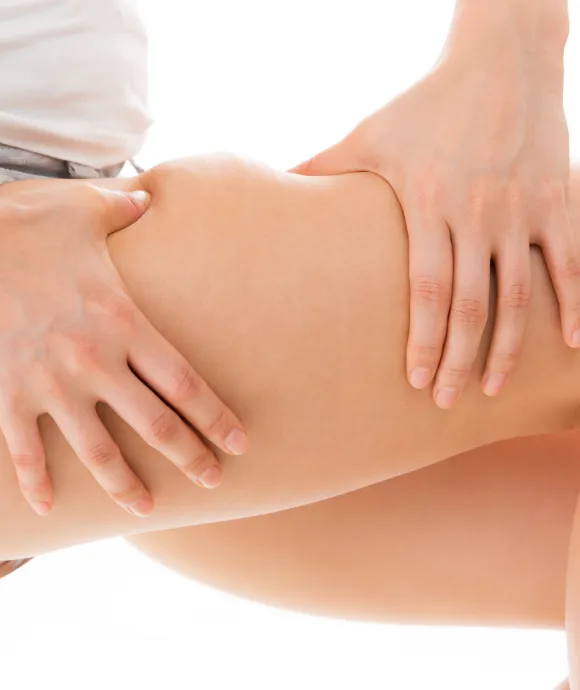
To help tackle vaginal discharge on a regular basis, you can opt for panty liners.
Home Remedies for Vaginal Yeast Infection
Vaginal yeast infection is typically treated with the help of medications prescribed by a doctor. But there are instance where you aren't able to visit your doctor right away. In such situations, the following home remedies for vaginal yeast infection can come to the recuse and help reduce the growth of the bacteria and ease your discomfort:
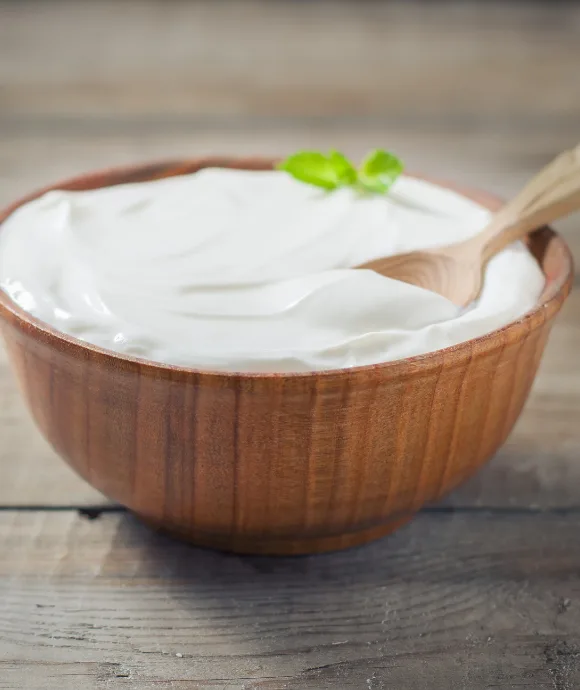
Coconut Oil
This is one of the home remedies for vaginal infection as coconut oil has antifungal properties. There are studies that suggest that coconut oil combats C. Albicans and is an effective treatment for vaginal infection. To reap benefits from this remedy, try applying a thin film of raw coconut oil over the affected area.
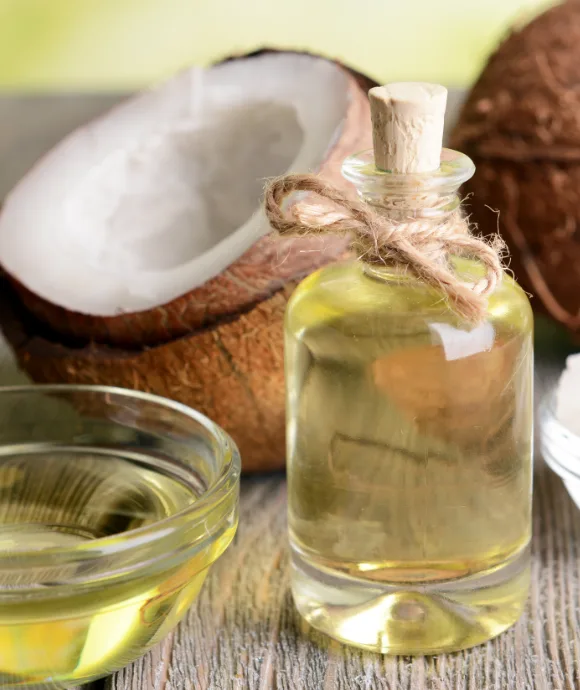
Tea tree oil
Just like coconut oil, tea tree oil also has anti-fungal properties. It is said to work best against the yeast causing the infection while keeping the good bacteria intact. Note that only diluted forms of tea tree oil should be used. This treatment for infection formed in the female private part should be used in moderation otherwise it can cause irritation and rashes too.
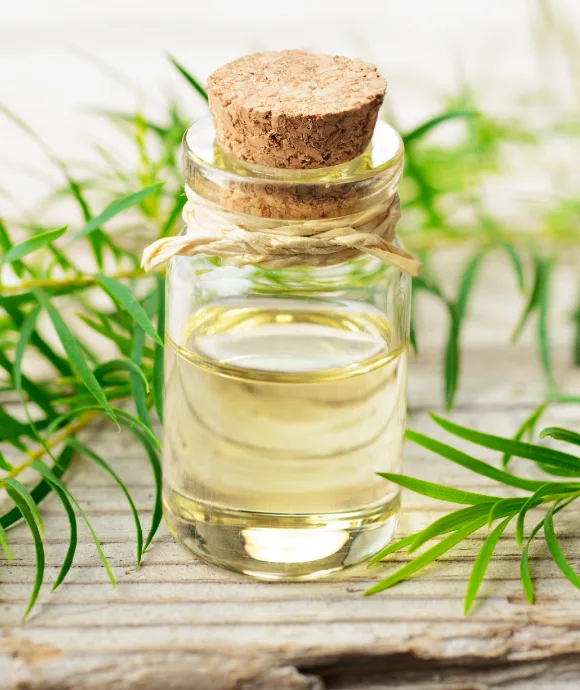
Garlic
Garlic is one of the yeast infection remedies which doesn't prevent infections but reduces the amount of yeast in your vagina. This is done by its antifungal and antibiotic properties. To try out this remedy, add more garlic to your diet. Refrain from inserting garlic in your vagina as it burns and leads to rashes.
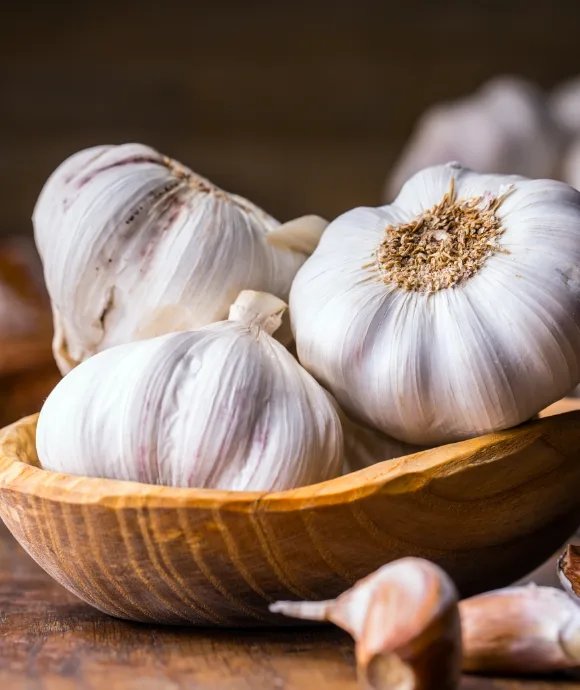
Greek Yoghurt
Probiotics found in Greek yoghurt is said to be a good treatment for an infection found in female private parts. The bacteria present in the yoghurt helps in balancing out the overgrown bacteria and thereby restoring the health of your vagina. While trying out this vaginal yeast infection treatment, make sure that the yoghurt is free of sugar, flavours or fruits. Even though there are mixed reactions, more research is required to verify this remedy. Note that you must eat the yoghurt and not apply it topically.
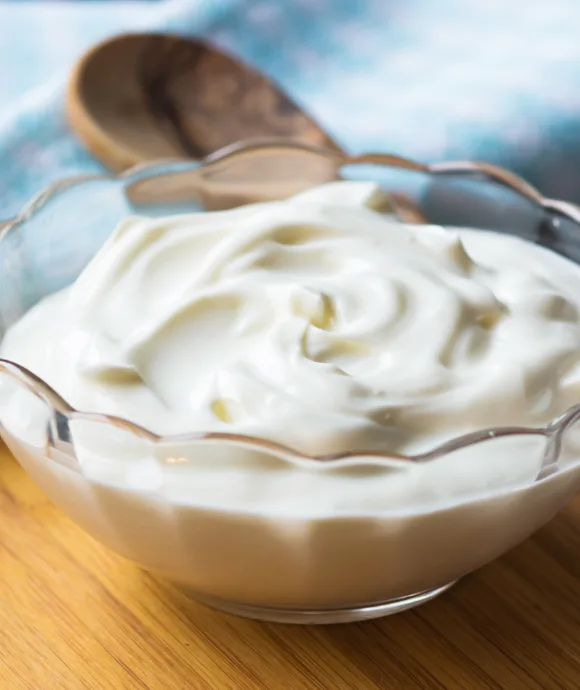
Boric Acid
Boric acid is powered by antifungal and antioxidant properties which can help in restoring the good bacteria in your vagina. This remedy is made available as vaginal suppositories. Refrain from eating boric acid. Likewise, before using boric acid, make sure to consult with a doctor.
No matter which one of these yeast infection remedies you choose, you must first talk to your doctor. Once he gives you a go-ahead, only then should you opt for the remedy.
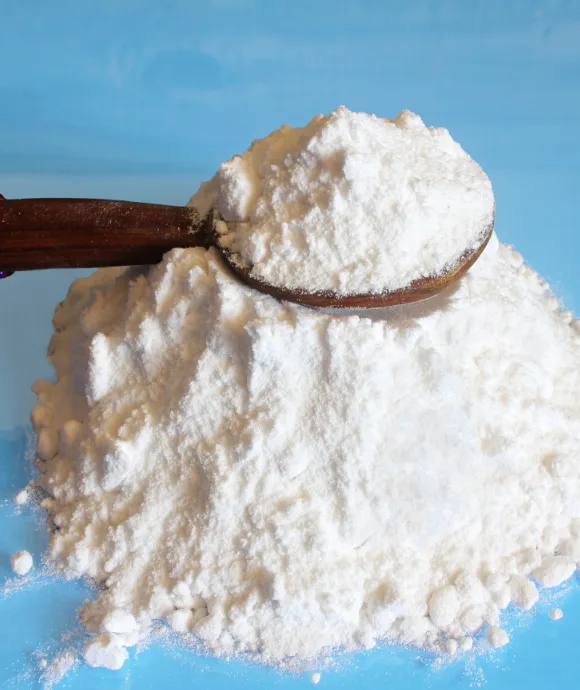
When To See A Doctor
There are certain instances wherein home remedies for vaginal infections won't be enough. Rather medical attention is what you would need. Here are such scenarios:
1. If your infection isn't going away after a week of using these treatments
2. If you are pregnant and develop a vaginal yeast infection
3. If the infection is severe, causing soreness
4. Infections that are recurring
5. If you have some form of an underlying condition like diabetes
Vaginal yeast infection can be quite irritating to deal with. While home remedies can help you ease out the symptoms, the right diagnosis and treatment will surely make things easier for you. Therefore, take charge of your vaginal health and visit a doctor to get the right treatment.
Keep a track of your ovulation period with Always Ovulation Calendar and Period Calculator.

FAQ
1. What causes a vaginal yeast infection?
Vaginal yeast infection is caused due to overgrowth of bacteria and yeast which is already present in the vagina. This imbalance triggers itchiness, irritation and burning sensation.
2. What does yeast infection discharge look like?
The yeast infection discharge often looks white, thick and has a cottage cheese-like consistency. Sometimes, it could also be watery.
3. How to prevent a yeast infection?
You can't completely prevent vaginal yeast infections, but here are a few ways that can help you in lowering the odds:
- Wear comfortable, breathable panties
- Refrain from using hot tubs
- Don't stay in wet clothes for too long
- Avoid douching
- While menstruating, do change your [sanitary pads](https://always-africa.com/en-za/sanitary-pads), [tampons](https://always-africa.com/en-za/tampons) and panty liners after regular intervals.
Disclaimer
Please note the date of last review or update on all articles. No content on this site, regardless of date, should ever be used as a substitute for direct medical advice, diagnosis or treatment from your doctor or other qualified clinician. Always is committed to ensuring that all of our products meet rigorous safety standards; Always pads prioritize safety, protection and comfort of its consumers.




